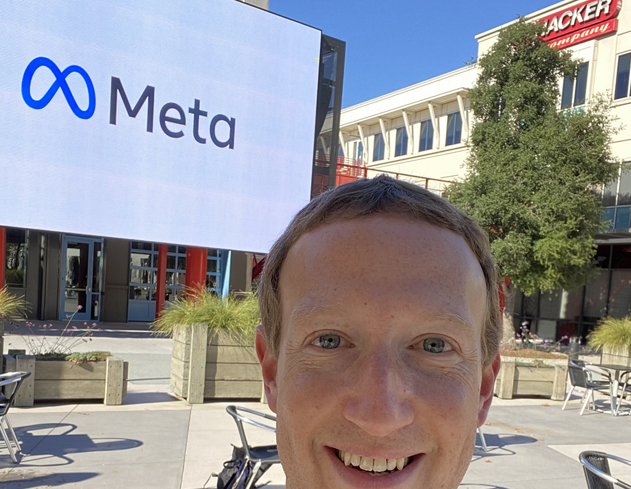Facebook deletes 37,000 posts citing hate content

Social media platform Facebook says it has pulled down 37,000 posts for promoting hate speech in the country in the run-up to next month’s election.
Meta, the technology firm behind Facebook, announced that it had tightened controls across its platforms in Kenya to prevent posts that can lead to violence.
The firm announced a raft of measures it has been instituting including removing problematic content, combating misinformation and false news as well as protecting female public figures and human rights defenders on Facebook, Instagram and Messenger platforms.
Director of Public Policy, East and Horn of Africa,Mercy Ndegwa said in the six months leading up to April 30, 2022, Meta had removed 37,000 pieces of content for violating its hate speech policies and 42,000 for not conforming to violence and incitement policies.
Meta social media platforms play an important role in civic discussions around the world, including Kenya, where the August 9 elections currently dominates discourse.
“To reduce misinformation and lower the risk of problematic content in Kenya ahead of and during the elections, Meta is temporarily reducing the distribution of content across Facebook and Instagram from those who have repeatedly or severely violated its policies,” Ndegwa said.
Content that is intended to suppress voting or could contribute to violence or physical harm will also be restricted.
Safety tools
These include false claims that people with weapons are guarding polling stations, false claims that polling stations have been damaged and photos and videos shared out of context depicting ballot-stuffing or violence.
Meta has also partnered with local civil society organisations, women Members of Parliament, aspirants and human rights defenders to utilise its safety tools and resources to ensure a safer experience across its platforms.
Interior Cabinet Secretary Fred Matiang’i has previously warned that social media platforms and blogs can be used to propagate misinformation during the elections.
The social media company has also limited forward messages on its Messenger platform to five people or groups at a time, following a similar move in 2021 that limited WhatsApp message to one chat leading to a 70 per cent drop in the number of highly forwarded messages on the application.
The announcement came as the Director of Public Prosecutions (DPP) revealed that it had trained 150 special prosecutors to handle hate speech, election offences and human rights violations cases.
DPP Noordin Haji said the training would be critical in ensuring efficient reporting and mapping of potential hotspots in the country during elections, enhanced collation and gathering of data as well as ensure formulation of responsive policies and timely interventions by his office.
Major boost
The ODPP has also opened a 24-hour call centre to assist Kenyans in need of legal service regarding prosecution of cases. The toll free numbers are 0110939802 and 0800723377.
Haji said it is unfortunate that elections, which should be a simple civic duty, are always associated with insecurity.
“We have to build resilience from the past experiences we have gone through. This however, does not mean we are blind to the reality we face and that is why this training for our prosecutors is very important,” he said during the launch of a workshop on electoral justice preparedness and hate speech prosecution.
Independent elections and Boundaries Commission (IEBC) Director of Legal and Public Affairs Chrispine Owiye said the training of the prosecutors was a major boost to the Commission since it would provide for efficient collaboration between IEBC and the ODPP in handling electoral offences.
Human rights
National Cohesion and Integration Commission CEO Skitter Ocharo said hate speech and ethnic contempt were key areas of concern saying everyone should work on accelerating the achievement of political and social rights.
“We need all stakeholders, including the media, to assist us by providing NCIC and the ODPP with evidence of hate speech and ethnic contempt while covering politicians,” she said.
Kenya National Commission of Human Rights chairperson Roseline Odede said the Commission had deployed 150 monitors across the country to observe and report on the happenings in the country during election campaigns and urged stakeholders in the management of the elections to focus on reduction of human rights violations.
“Kenyans do not have to be migrating to areas where they feel safe during elections. This feeling of insecurity should be addressed,” she said.
The session was also attended by the CEO of the Witness Protection Agency Jedidah Waruhiu, Independent Policing Oversight Authority’s CEO Elema Halake.
Witness Protection Agency’s Waruhiu asked the government to ensure protection of witnesses testifying in election-related cases lest they fall victims of bribery, threats, intimidation and even elimination.














